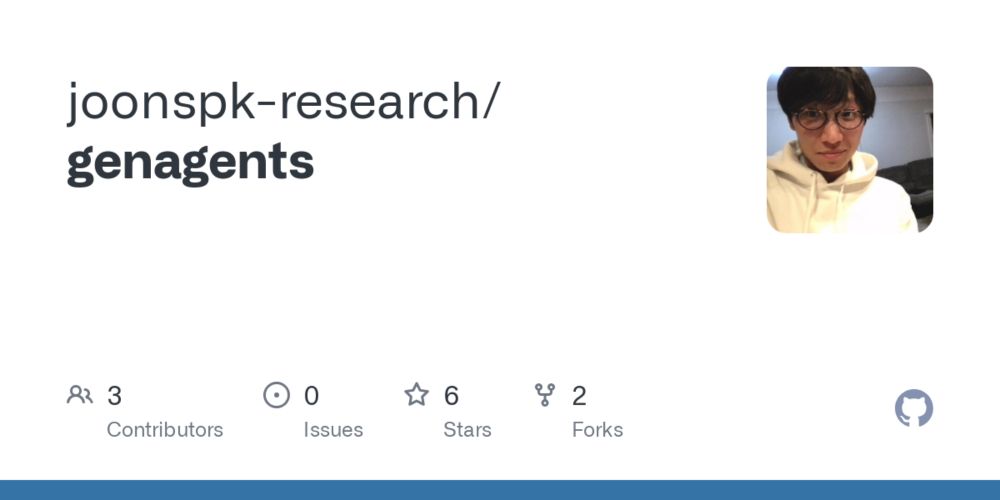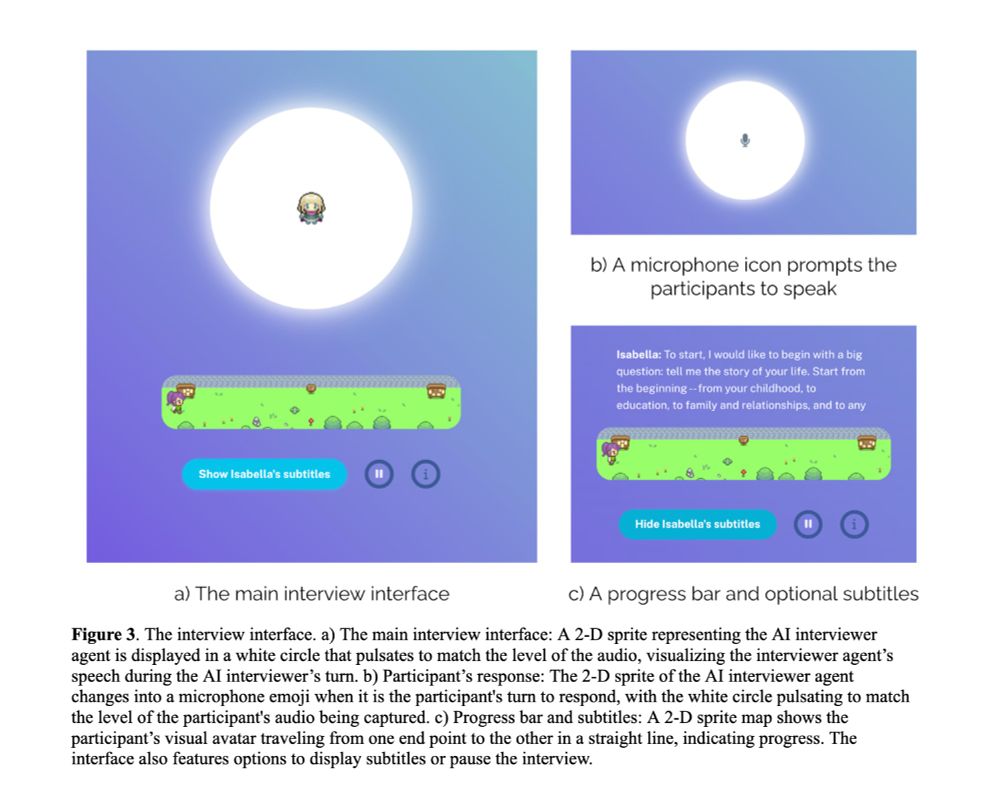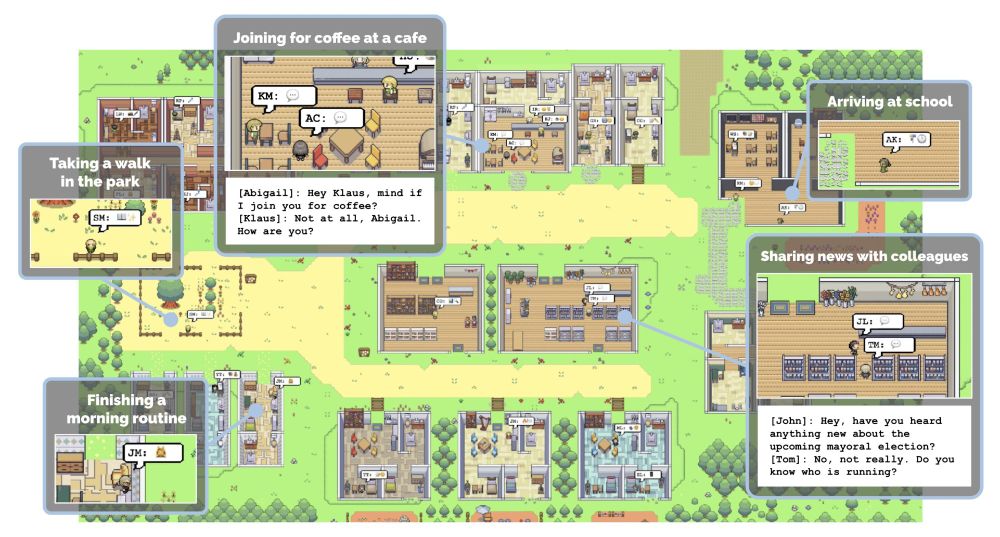
Github: github.com/joonspk-rese...
(While we are not releasing the participant data, I have included my personal generative agent in the repo. :)) (12/14)

Github: github.com/joonspk-rese...
(While we are not releasing the participant data, I have included my personal generative agent in the repo. :)) (12/14)



